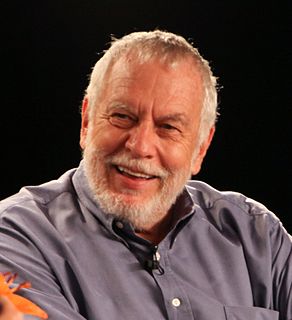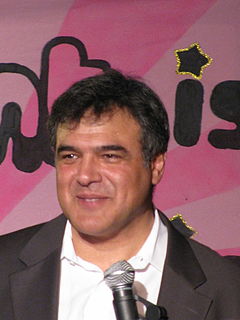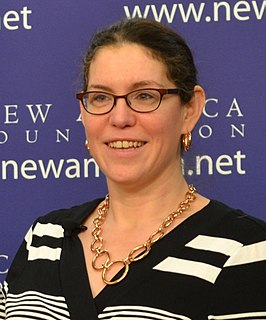A Quote by Khoi Vinh
You have this really powerful technological infrastructure that can do really tremendous things. At the same time, it's never going to be as flexible as we'd like it to be. Just by nature of web technology.
Related Quotes
We had some really powerful technology - Atari always was a technology-driven company, and we were very keen on keeping the technological edge on everything. There's a whole bunch of things that we innovated. We made the first computer that did stamps or sprites, we did screen-mapping for the very first time, and a lot of stuff like that.
It's never really fun to have to cry in a scene, or anything like that. I just try to put myself in the characters position, and that helps. It's never really fun, but at the same time, if you're having a really bad day, it's a great way to get out all of your frustration by doing a really angry or sad scene. That's always a good release.
Technology is neutral and sterile. Now, technology is the nature of modern man; it is our environment and our horizon. Of course, every work of man is a negation of nature, but at the same time, it is a bridge between nature and us. Technology changes nature in a more radical and decisive manner: it throws it out.
I've seen a tremendous shift especially in indie comics. I see all these young women who are out there creating. They're making these great web comics. Their graphic novels are getting published. They're making all this wonderful art. They're powerful. There's this vital energy about it that's really, really beautiful that years ago I knew existed but I didn't see so clearly.
If you and I got on an airplane, you're going to L.A., Los Angeles, and I'm going to Senegal, we get there about the same time. The world is just that small. So a world that is so tightly bound by science and technology and now Internet and the web page, that world is too small for bullies. It has no room in that world for arrogance.
I'd like the campaigning to be about all the things they're not going to do. Just tell me what you're not going do! Don't tell me what you're going to do. Just say "I'd really like to do solar energy but I'm not going to be able to. I really want to dig holes everywhere in the country but I really won't be able to do it because people seem to think that maybe my water will be screwed up."
We have to do away with a false and misleading dualism, one which abstracts man on the one hand and technology on the other, as if the two were quite separate kinds of realities.... Man is by nature a technological animal; to be human is to be technological.... When we speak of technology, this is another way of speaking about man himself in one of his manifestations.
You can't just stop technological progress. Even if one country stops researching artificial intelligence, some other countries will continue to do it. The real question is what to do with the technology. You can use exactly the same technology for very different social and political purposes. So I think people shouldn't be focused on the question of how to stop technological progress because this is impossible. Instead the question should be what kind of usage to make of the new technology. And here we still have quite a lot of power to influence the direction it's taking.
Innovation, sending civilians to outer space, mapping the mind, curing cancer - all these things, they're great. Obviously these same companies are also making a lot of money and accumulating a lot of our data at the same time, which seemed like independent things and one is beneficial and one is problematic for us as individuals, but in the rush of the new I think a lot of the philosophical, ethical, moral, and legal questions don't get asked in time. It's not in our nature to pause, sit, meditate, question, debate. We move forward. Technology generally answers itself with more technology.
One of the things I have taken for granted, in terms of how technology works in the world, is the people that develop it and get it out there don't really know what we are going to do with until we have really gotten ahold of it and it has become ubiquitous. And then we wind up doing things that its inventors never dreamed of and those things become the real change drivers. That is actually where the whole technocracy thing falls apart for me, because the people who invented it can't predict what we're going to do with it.



































